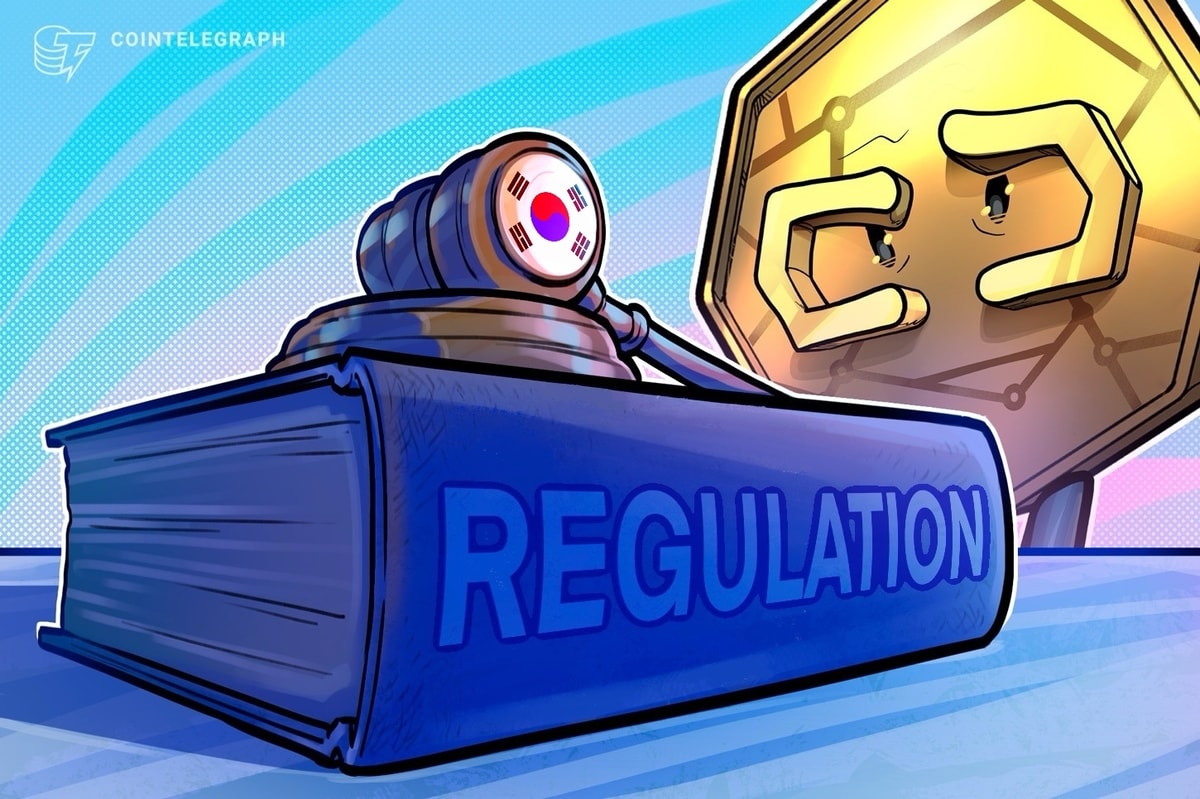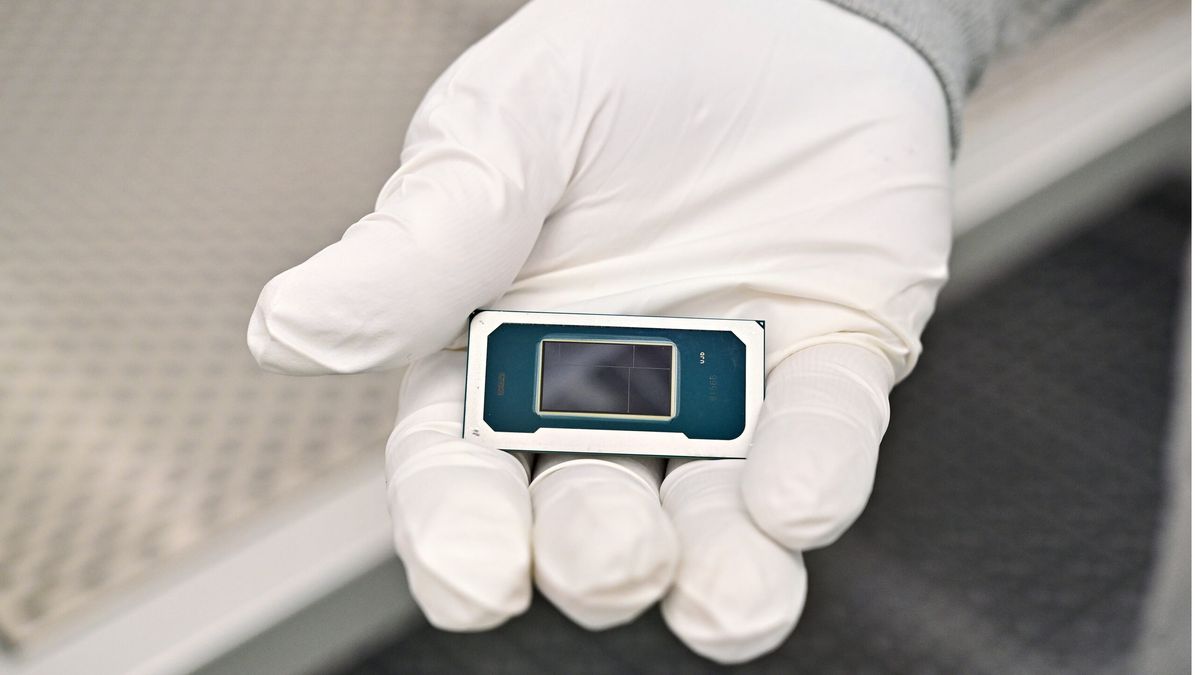TLDR
- eToro shares rose 29% on first day of Nasdaq trading, closing at $67
- Company raised $620 million in upsized IPO, pricing shares at $52 each
- Crypto accounts for 37% of Q1 2025 trading commissions, down from 43% year earlier
- IPO marks rebound in public offerings after Trump tariff concerns
- Founded in 2007, eToro previously attempted SPAC merger in 2021 valued at $10 billion
eToro, the popular stock and cryptocurrency trading platform, made a strong debut on the Nasdaq exchange, with shares closing at $67 on their first day of trading. This represented a nearly 29% increase from the initial public offering price of $52 per share. The stock reached as high as $74.26 during the trading day before settling back.
The company’s successful IPO gives it a market capitalization of approximately $5.5 billion. eToro and its backers sold almost 12 million shares, evenly split between the company and existing shareholders.
The Israel-based company originally planned to raise $500 million but increased its target to $620 million after strong investor interest. eToro also priced its shares above the expected range of $46 to $50, showing high demand.
BlackRock-managed funds had expressed interest in purchasing up to $100 million worth of shares during the IPO. The offering was led by major financial institutions including Goldman Sachs, Jefferies, UBS Investment Bank, and Citigroup.
Crypto Growth and Revenue
eToro has built a growing presence in the cryptocurrency market over recent years. The company’s crypto revenue increased from $3.4 billion in 2023 to $12.1 billion in 2024, more than tripling year-over-year.
Cryptocurrency assets now make up a large portion of eToro’s business. The company reported that 25% of its net trading contribution came from crypto last year, up from just 10% in 2023.
 (ETOR)
(ETOR)For the first quarter of 2025, eToro expects crypto assets to account for 37% of its commission from trading activities. This represents a decrease from 43% during the same period last year.
Beyond cryptocurrency, eToro makes money through various trading-related fees and non-trading activities such as withdrawal charges. The company’s overall financial performance has improved dramatically, with net income growing from $15.3 million in 2023 to $192.4 million in 2024.
Robert Francis, eToro Australia’s managing director, stated that the company’s IPO is “a clear sign that retail investing is not a fad, but a long-term trend.”
The company’s main competitor, Robinhood Markets Inc., saw its share price decrease by 1.9% to $61.39 on the day of eToro’s debut.
eToro was founded in 2007 by brothers Yoni and Ronen Assia along with David Ring. Following the IPO, Spark Capital remains the company’s largest outside investor with 14% control, followed by BRM Group at 8.7%. CEO Yoni Assia controls 9.3% of the company.
This marks eToro’s second attempt at going public. The company previously filed to go public in 2021 through a merger with a special purpose acquisition company (SPAC) that would have valued it at more than $10 billion. Those plans were shelved in 2022 as equity markets declined.
The successful IPO comes after a period when many companies delayed their public offerings due to market uncertainty following President Donald Trump’s tariff announcements in April. eToro had made confidential filings with the SEC in January but temporarily paused its plans after Trump’s “Liberation Day” tariff plans were announced.
“We felt that we’re seeing the light at the end of the tunnel of the correction in the markets,” CEO Yoni Assia told CNBC regarding the decision to proceed with the IPO. The company was monitoring market volatility indicators, particularly the CBOE Volatility Index, before moving forward.
eToro’s successful debut may signal renewed activity in the IPO market. Fintech company Chime and digital physical therapy company Hinge Health have recently filed paperwork for their own public offerings.
Other crypto firms considering public offerings include exchange Kraken and stablecoin issuer Circle, though Circle paused its plans after Trump’s tariff announcements.

 6 months ago
48
6 months ago
48









 English (US) ·
English (US) ·